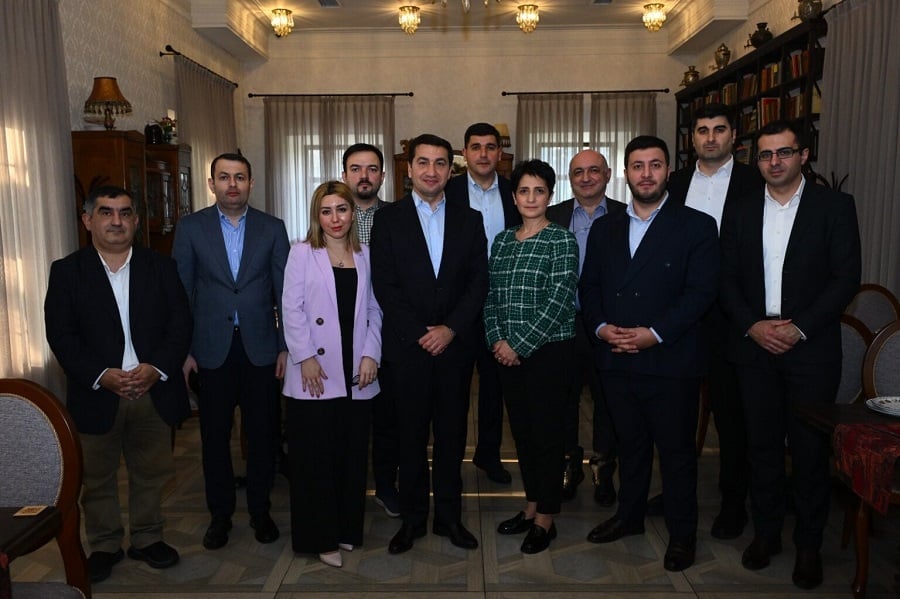Meetings between Armenian and Azerbaijani journalists, intellectuals, and NGO representatives, in themselves, seem to me not harmful—if not particularly useful. Before 2020, I participated in several such gatherings, and I believe that the purely human and professional communication with Azerbaijani colleagues was, on the whole, successful. Since 2020, however, I have no desire for such contact.
I do not wish to take upon myself an additional burden of national humiliation so long as the “author” of that humiliation sits comfortably on his throne—swaggering, issuing threats, carrying out repression.
When he is held accountable—at least politically and morally—I will feel that our dignity has been restored in some small measure; that we are no longer a will-less mass led by a leader who suffered a disgraceful defeat. And only then, perhaps, I might again be willing to meet with Azerbaijanis. But this is my personal stance, and I understand that not everyone shares my feelings. Our people may go to Baku; theirs may come to Yerevan (ideally, those who come should be screened, so that the more aggressively anti-Armenian figures do not end up here).
The problem is not the travel itself, nor the meetings. On this question, I do not agree with the harsh and, I believe, unfair criticism directed at our delegation. The real issue is what messages they take to those meetings—and what messages they bring back. In particular, we should not pretend to believe that Azerbaijan, as a state, has no claims on the territory of the Republic of Armenia. Aliyev did not mention “Göyçə” (Sevan) casually.
Read also
“At the event marking the 80th anniversary of the National Academy of Sciences, Ilham Aliyev presented new tasks for historical research—placing special emphasis on new directions in the history of Western Azerbaijan, the history of statehood, cartography, and ethnology,” their Academy of Sciences’ Institute of History and Ethnology director Karim Shukurov recently stated. Why would the head of a rigid authoritarian regime issue such “instructions”? Is it not obvious? To “prove” that the state we live in actually belongs to them. And the purpose of this is equally obvious. Public-level contact between Armenians and Azerbaijanis is, of course, necessary.
One simply needs to understand what these interactions are meant to serve. If their purpose is the “denazification” of our society, then there is no need to expend any effort. A society that tolerates Pashinyan has already been “denazified.”
Aram ABRAHAMYAN




















































